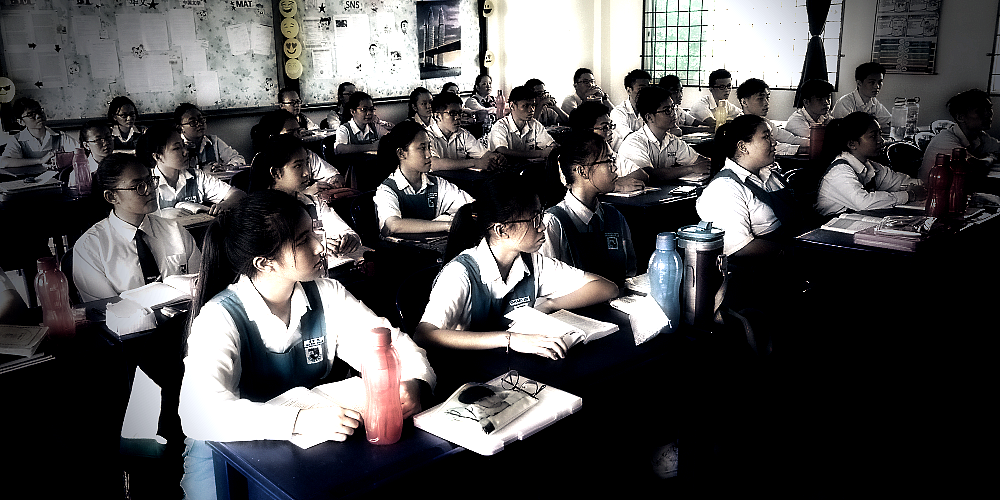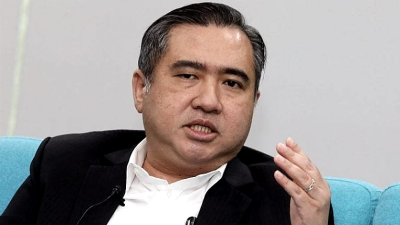We are already facing an acute shortage of skilled workforce, and now with SPM graduates reluctant to further their studies, the talent deficit problem will only get exacerbated, and this will gravely concern the potential investors.
Education minister Fadhlina Sidek said on Tuesday that her ministry had decided to resume January school reopening from 2026, having taken into consideration the feedback from all quarters.
This means that we will need another three years before the school reopening date can be reverted to January as before the pandemic.
Schools will only reopen in March next year, while the reopening date will be brought forward by a month to February, in 2025.
The minister said the education ministry would need to consider economic factors and possibility of floods at the end of the year, to make sure that national examinations such as SPM, STPM, STAM, etc. will not be affected by the government’s decision.
We all know that year-end floods have become increasingly common in recent years, and scheduling examinations at the end of the year is never a good idea to start with. Moreover, natural disasters are not what we can accurately predict. As such, we don’t quite agree to the minister’s explanation.
On the contrary, we feel that SPM and other government exams should be flexibly arranged or the duration shortened.
Starting from last year, the education ministry postponed class reopening for the new academic year to mid-March, and will only be back to normal from 2026, for a total of five yeas.
If the adjustment to teaching timetables could impact the student’s studies or cause confusion in class arrangements, then the students will no doubt be the biggest “victims” of such a maneuver.
But since the ministry has already made the decision, the students and their parents will have no choice but to coordinate.
We thought that by 2024 the school would reopen in January again, so that those planning to further their studies in local or foreign private colleges would at least not have to worry about the time constraint when applying for college admission.
Moreover, students admitted by local public universities will also not have to rush to report themselves within one or two weeks after the exam results are released.
Meanwhile, minister Fadhlina said, according to the ministry’s ePKM statistics, the number of SPM graduates not seeking further studies had increased beginning from 2020, when 115,939 SPM graduates or 35.16% of the total opted not to go back to school again. The number increased further to 180,680 or 48.74% of total in the following year.
In other words, as many as 296,619 students gave up the opportunities to further their studies after SPM in these two years!
The reality that almost half of SPM graduates deciding not to further their studies poses a major challenge to the national education system in honing a talented workforce for the country’s future.
Firstly, high school graduates today are only taught the basic knowledge not typically sufficient to meet the growing demands of the job market if they stop going to school after SPM.
If this issue is not properly addressed, we will have to face the cruel reality of not having enough professionally trained university graduates in our job market.

We need to come to terms with the fact that workers with only high school qualifications may not be easily trained by foreign investors.
Secondly, the education ministry must find out why SPM graduates refuse to further their studies.
No doubt, the 3-year coronavirus pandemic has adversely affected the household incomes of many Malaysians.
Moreover, distant schooling practiced during the lockdowns could have killed the students’ keenness to study, and indeed some thought they could make good money right away if they became YouTubers or Grab riders.
On this, perhaps the education ministry and school authorities should show some concern and care for the students by offering one-on-one counseling in a bid to encourage the students to further their studies after SPM.
Thirdly, from what we understand, the percentage of independent high school graduates pursuing their further studies here or abroad has maintained in the region of 75% to 85% these few years, while that for government school graduates is only 51.3%.
For the country’s future development, it is important for high school graduates to pursue tertiary education, and the ministry has the obligation to arrest the trend of high school graduates not pursuing further studies.
During PM Anwar Ibrahim’s official visit to China earlier this year, some 19 investment MoUs involving a total sum of RM170 billion were signed between Malaysian and Chinese companies.
In view of this, we expect foreign investments to keep flowing into Malaysia over the next few months.
The thing is, we are already facing an acute shortage of skilled workforce, and now with SPM graduates reluctant to further their studies, the talent deficit problem will only get exacerbated, and this will gravely concern the potential investors.
As such, we would like to to propose that the government set up a committee to study this issue and seek workable solutions.
Singapore, our tiny neighbor down south, has long been emphasizing the importance of grooming their talents to meet the rapid changes of our growingly competitive world.
It is because of this that this little Red Dot has been able to book its place in the league of the world’s most powerful economies, ranked second in 2022 Global Talent Competitiveness Index, and overtaking Hong Kong for the first time at third place in the Global Financial Centers Index (GFCI).
In 2021, the city-state’s FDIs amounted to nearly US$100 billion, making up a whopping 56.9% of Asean’s total.
Singapore is also the freest economy of the world, with a per capita GDP around $80,000.
Many global giants such as Alphabet (the parent of Google), Meta, Microsoft, Alibaba, Tencent and TikTok have made Singapore the site of their regional or even global headquarters.
Even as the rest of the world is still struggling under spiraling inflation and aftermath of the pandemic, Singapore has already taken off in a big way, all because they know how to harness their invaluable human assets.
ADVERTISEMENT
ADVERTISEMENT








































